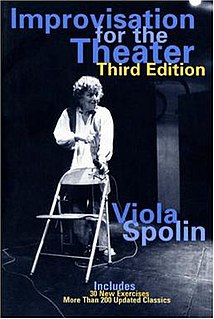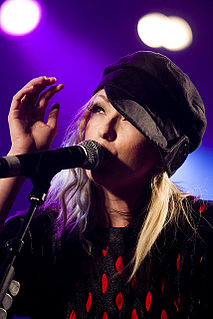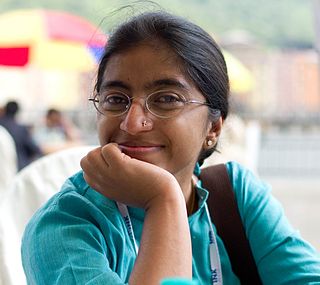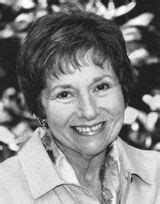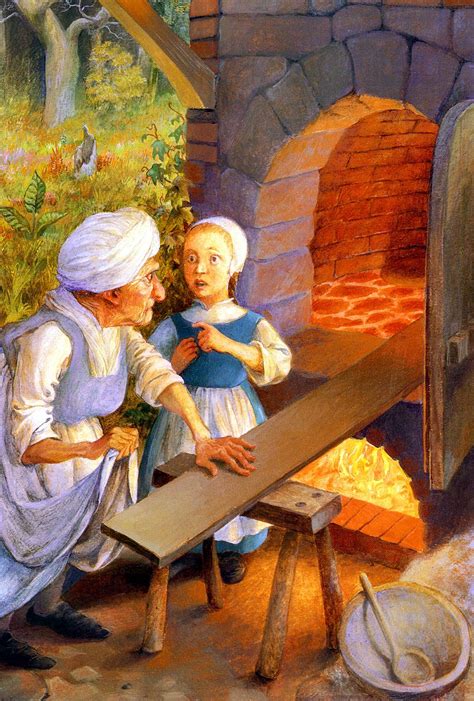A Quote by Kazuo Ishiguro
We always like to keep our children in a kind of bubble and censor the bad news about the world. We like to tell them the world is full of benevolent, nice people.
Related Quotes
I came to the realization that I had failed in some respects because I had been more of a benevolent narrator than the world I saw reflected around me, and in the lives of the people in my community, and in my family. There was no benevolent God sparing us pain and loss and grief and struggle. If I was going to continue to write about the place where I am from, and the kind of people who live in my community and who are in my family, I owed it to them to be honest with what our lives are like.
If you want your children to relate to the culture you live in, if you want to train them outside of the general system, you have to tell your children that ordinary children tend to say things like 'I can run faster than you; I can draw better than you; I know things you don't know'. You have to tell them what normal children are like. Normal children are messed up and you have to tell them about that. But if you instruct your child in high correlation with the physical world, they won't be able to relate with normal children. Normal means mixed up as I use the word.
There are few places outside his own play where a child can contribute to the world in which he finds himself. His world: dominated by adults who tell him what to do and when to do it -benevolent tyrants who dispense gifts to their good subjects and punishment to their bad ones, who are amused at the cleverness of children and annoyed by their stupidities.
It's very fashionable to talk about human trafficking, in this fantastic A-C hall. It's very nice for discussion, discourse, making films and everything. But it is not nice to bring them to our homes. It's not nice to give them employment in our factories, our companies. It's not nice for our children to study with their children. There it ends. That's my biggest challenge.
The media is the only business in the world where the customer is always wrong. If you're a news consumer, if you're a customer, and you complain to them, they will tell you that you are not sophisticated enough to understand what they do, and they're tell you to go listen or watch somewhere else. They're not even really doing the news for you. They're doing news for other journalists and other people in government because that's their real audience.
Let us be different in our homes. Let us realize that along with food, shelter, and clothing, we have another obligation to our children, and that is to affirm their "rightness." The whole world will tell them what's wrong with them--out loud and often. Our job is to let our children know what's right about them.
Young people are more hopeful at a certain age than adults, but I suspect that's glandular. As for children, I keep as far from them as possible. I don't like the sight of them. The scale is all wrongs. The heads tend to be too big for the bodies, and the hands and feet are a disaster. They keep falling into things. The nakedness of their bad character! We adults have learned how to disguise our terrible character, but children, well, they are like grotesque drawings of us. They should be neither seen nor heard, and no one must make another one.
I don't try to take a person out of our world and put them into my world; that wouldn't work. It's sort of like bad Photoshop: If you see something Photoshopped together - and even if it's done pretty well - the eye catches on it. That happens a lot when people try to cut and paste people from our world into their fourteenth-century historical romance novel.
This kind of gaping inequality gives lie to the promise that’s at the very heart of America: that this is a place where you can make it if you try. We tell people - we tell our kids - that in this country, even if you’re born with nothing, work hard and you can get into the middle class. We tell them that your children will have a chance to do even better than you do. That’s why immigrants from around the world historically have flocked to our shores.
Do you mean to say," asked Caspian, "that you three come from a round world (round like a ball) and you've never told me! It's really too bad for you. Because we have fairy-tales in which there are round worlds and I have always loved them … Have you ever been to the parts where people walk about upside-down?" Edmund shook his head. "And it isn't like that," he added. "There's nothing particularly exciting about a round world when you're there.
In its jolly mission to expose the dark underbelly of the children’s book world, Wild Things! turns up stories I’ve been hearing noised about for ages, but with a lot more detail and authenticity. The stories may not be quite as sordid as my own imagination had conjured up—although a few of them are—because there’s no denying that this field is full of mostly nice people!—but it’s all fun and a great read for anyone interested in both children’s books and the collection of people who make them.



